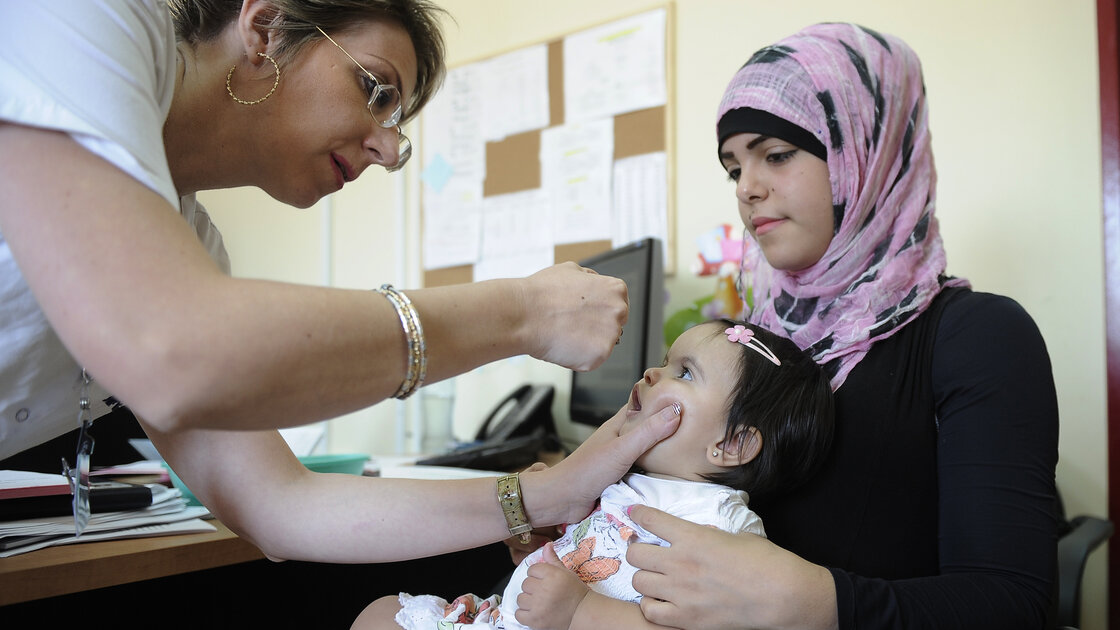Diabetes for the young and old has been an ongoing issue for
Americans. This article, “High Lifetime Costs for Diabetes 2,” from Science Daily talks about a study that was done to
evaluate how much money patients need to spend if they get diagnosed with Type 2 Diabetes in
their lifetime. Those who get diagnosed
with diabetes at a younger age end up spending more money on supplies and
medical expenses. “The model revealed
that a man diagnosed with type 2 diabetes between ages of 25 and 44 can be
expected to incur related costs of $24,000 over his lifetime” (Science Daily).
Diabetes can be linked to obesity. Types 2 diabetes is
usually diagnosed if a person is over weight. Insulin is used only as needed.
Type 1 diabetes is insulin dependent. Insulin is needed daily. Also, a person
must check their blood sugar before and after every meal. The expensive supply used when having diabetes
is the test strips. This is a global issue since diabetes increasing all over
the world. If diabetes can be decreased, less money will be spent on it.

